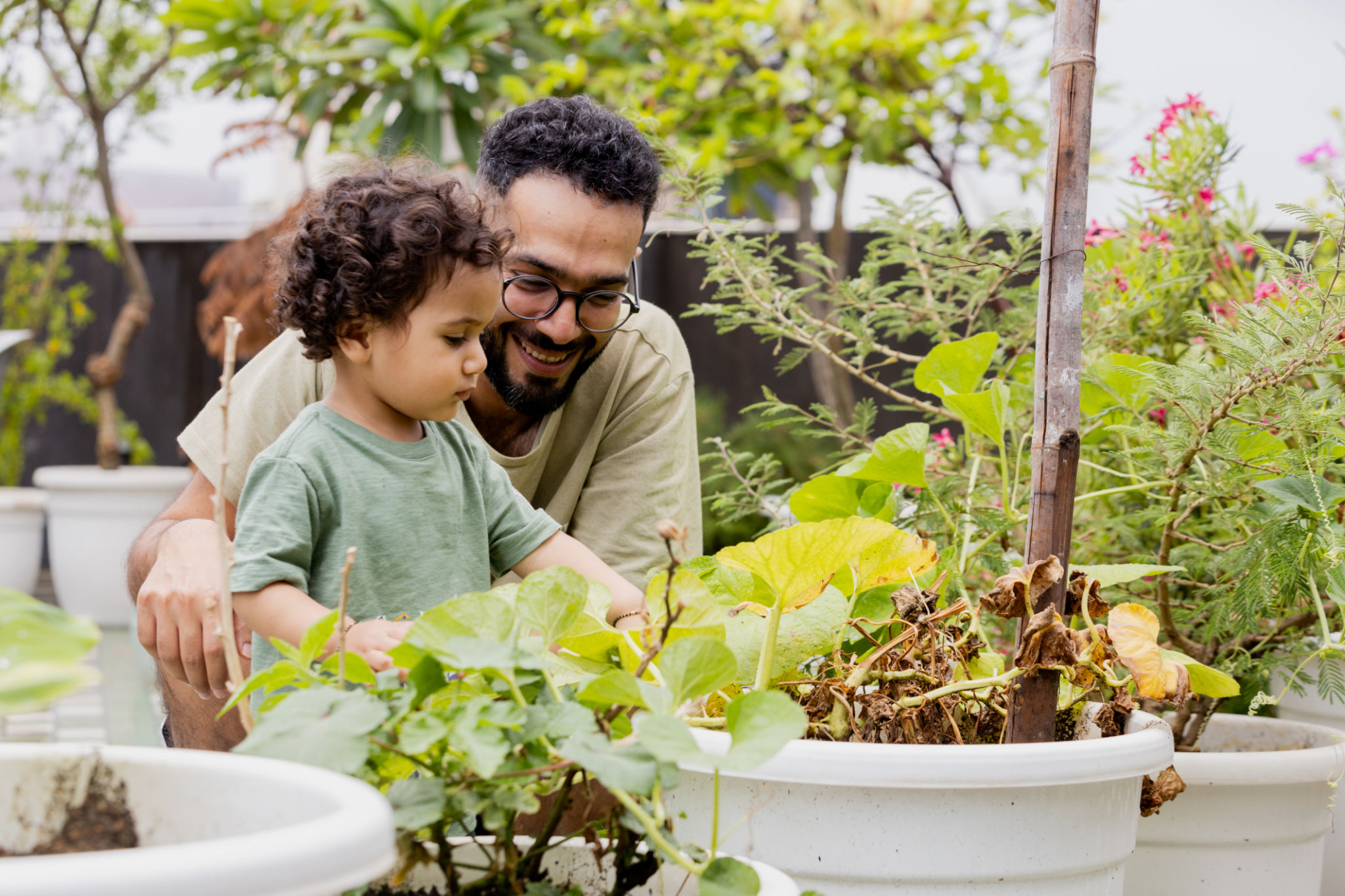Breaking Barriers: The Impact of Gardening on Ex-Offender Reintegration
Introduction
Reintegrating into society after serving time in prison is a significant challenge for many ex-offenders. The barriers to employment, social acceptance, and personal growth can be overwhelming. However, gardening has emerged as a powerful tool in supporting ex-offenders on their journey to reintegration. This practice not only helps in honing practical skills but also plays a vital role in emotional healing and community building.

The Therapeutic Power of Gardening
Gardening offers a therapeutic outlet for individuals who have experienced incarceration. Engaging with nature and nurturing plants can have a profound impact on mental health. Studies have shown that spending time in green spaces reduces stress, anxiety, and depression. For ex-offenders, these therapeutic benefits can be crucial in rebuilding their lives.
Moreover, gardening encourages mindfulness and patience. Tending to plants requires care and attention, fostering a sense of responsibility and accomplishment. This process can be incredibly empowering for those seeking to regain control over their lives.
Skill Development and Employment Opportunities
Gardening provides an opportunity to develop a wide range of skills that are transferable to the job market. Ex-offenders learn about plant care, soil management, pest control, and even basic landscaping. These skills can open doors to employment in horticulture, landscaping, and agriculture industries.

Many organizations have recognized the potential of gardening programs in rehabilitation and offer structured training to ex-offenders. This not only enhances their employability but also helps in building a stable foundation for their future.
Building Community and Reducing Recidivism
Gardening projects often involve teamwork and collaboration, providing ex-offenders with the chance to build positive relationships. Working together in a community garden fosters a sense of belonging and mutual support. This social integration is crucial in reducing feelings of isolation and marginalization.
Furthermore, engaging in community gardening has been linked to reduced recidivism rates. By creating a supportive environment, ex-offenders are less likely to reoffend. The sense of purpose and connection to the community acts as a deterrent against returning to criminal activities.

Conclusion
Breaking barriers for ex-offenders is a multifaceted challenge that requires innovative solutions. Gardening, with its therapeutic, educational, and community-building benefits, offers a promising path for reintegration. By investing in gardening programs, we can support ex-offenders in transforming their lives, ultimately leading to a more inclusive and compassionate society.